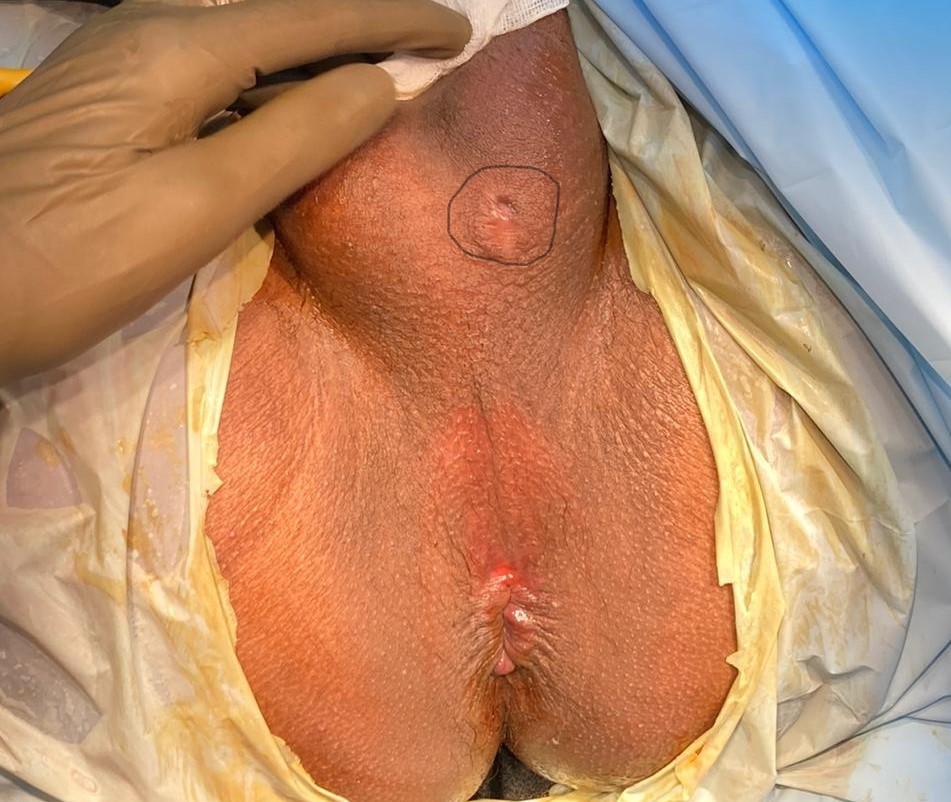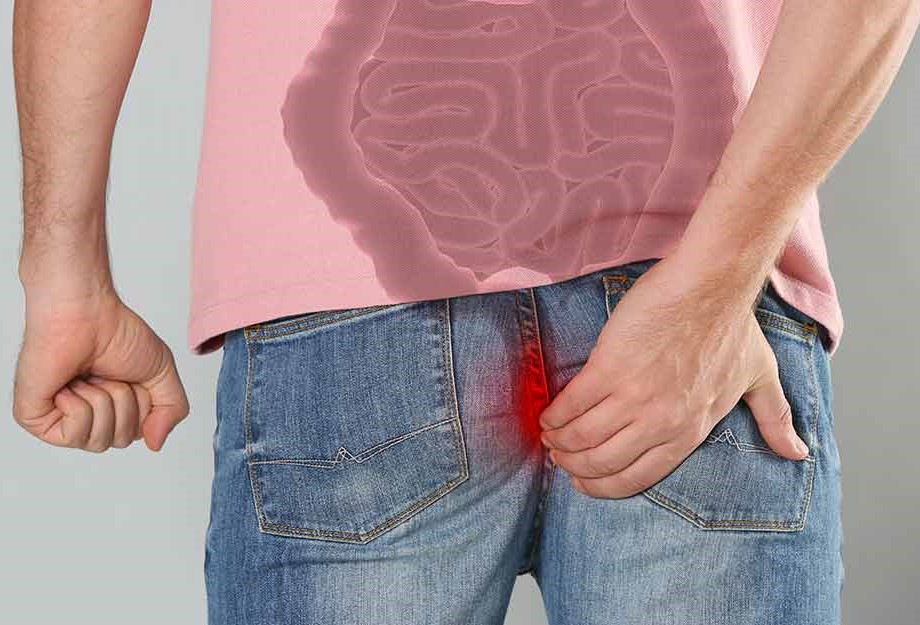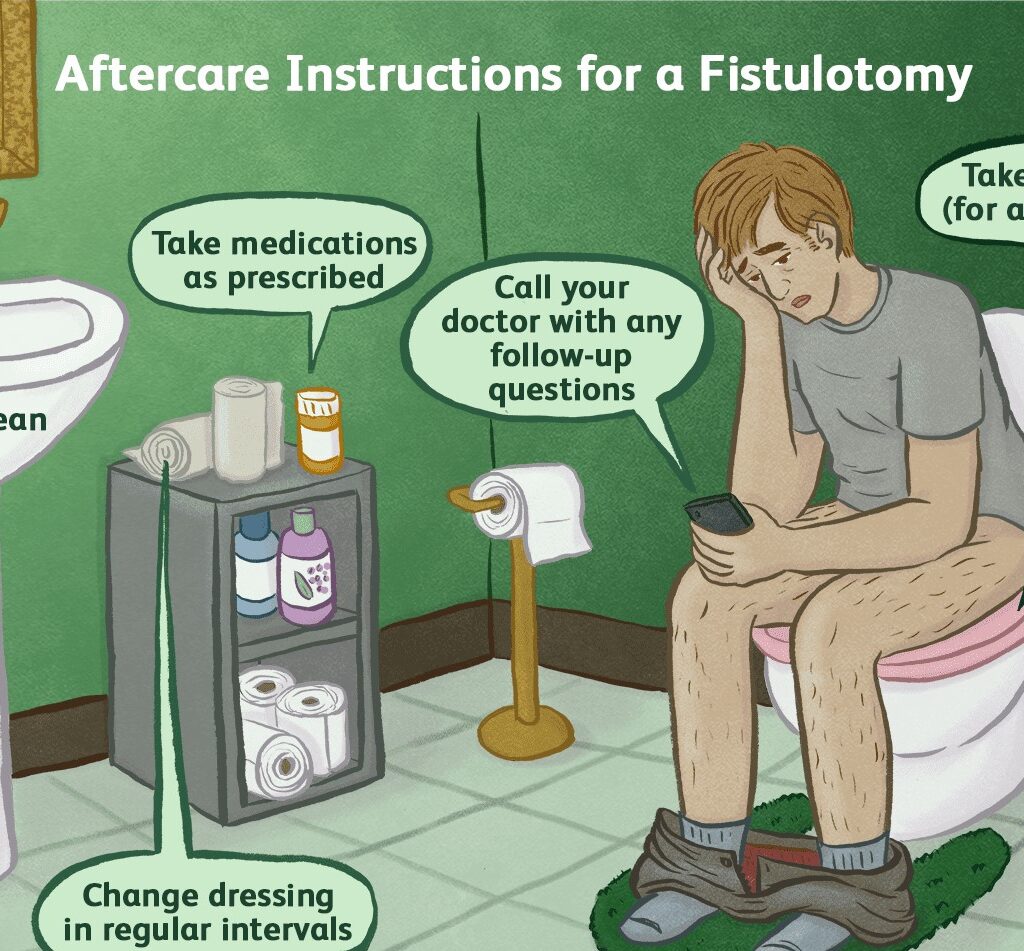Anal Fistula
We are here for your care
Anal Fistula Doctor in Mumbai.
Looking for top anal fistula doctor in Mumbai? Get specialized treatment for anal fistula from Dr. Husain Gheewala in Mumbai. Book an appointment for quality care.
An anal fistula is an opening (connection) that develops between anus (where poo leaves the body) and the skin usually surrounding to anus, but can spread in any direction

Anal Fistula

They’re usually the result of an infection near the anus causing a collection of pus (abscess) in the nearby tissue.
When the pus drains away, it can leave an opening behind.
Not everyone with an anal fistula will have an opening on the skin around the anus – some people may have a blind-ending connection which ends below the skin. Such patients have severe pain and often the diagnosis is missed.
In many cases, an anal fistula will involve one single opening connecting the inside of the anus/rectum with the skin around the anus. In some cases, however, the disease is more complex. People can have multiple tracts, potentially with more than one opening on the skin or branches
Anal fistulas can cause unpleasant symptoms, such as discomfort and skin irritation, and will not usually get better on their own.
Surgery (removing the entire tract of infection) is recommended in most cases.
Causes
The lifetime risk of developing an anal fistula is about 1 in 1000. The disease tends to me more common in men, and the most common age group is 20-50.
Often it is young and otherwise healthy people who develop an anal fistula, and in most cases, it is due to bad luck. The disease has nothing to do with hygiene. The only known risk factor is cigarette smoking, although many people who develop the disease are non-smokers.
We are all born with tiny glands within the anal canal, only about 1-2cm inside the anal opening. There are usually 10-20 of these oil glands; their function is thought to be related to lubrication of the anal canal to facilitate defecation.
Just like oil glands on the face, these glands can sometimes become blocked with thick secretions and then subsequently get infected.
When this happens, an abscess occurs, and pus from the abscess will follow the path of least resistance. The abscess will track under, in between, or through the adjacent anal sphincter muscle. Sometimes the abscess will travel into the fat around the anus.
Of all patients who develop one of these abscesses, about 40% will go on to develop a fistula, regardless of what treatment is given to them at the time of the abscess. The fistula will occur between where the infection started, within the anal canal, and where the abscess drained to on the outside of the anus.


Causes
The exact reason why some people go on to develop a fistula after having an abscess around the anus, and some people don’t, is not fully understood. It is thought that premature healing of the skin and anal canal occurs, with infected fluid left within the perianal tissues with nowhere to go. The fluid then bursts back out through the openings which are trying to heal and the cycle continues, forming a fistula.
How many people survive bowel cancer?
Symptoms
Symptoms of an anal fistula can include:
The end of the fistula might be visible as a hole in the skin near your anus, although this may be difficult for you to see yourself.


When to get an advice?
It is important that some one with fistula should be treated by an experienced colorectal surgeon.
The aim should be complete cure by removing the entire tract, whilst at the same time preserving normal anorectal function.
Clinical examination, along with a detailed history provides most of the information. Further tests to confirm the diagnosis and determine the most suitable treatment may be needed.
These may include:
Treatment
Anal fistulas usually require surgery as they rarely heal if left untreated.
Once you have been assessed and diagnosed with an anal fistula, your colorectal surgeon will advise you on what treatment options there are. The aim is to cure the anal fistula, but at the same time preserve normal anorectal function.
There are many types of operations to choose from for anal fistulae. The main problems with all these operations are that none of them are able to provide a 100% guarantee of success and healing of the fistula, with no risk to normal continence and function of the anus. Hence it is important that you consult an experienced Colorectal surgeon who will guide you for cure. Dr. Husain Gheewala has performed hundreds of such operation and cured complex Anal Fistulas.


